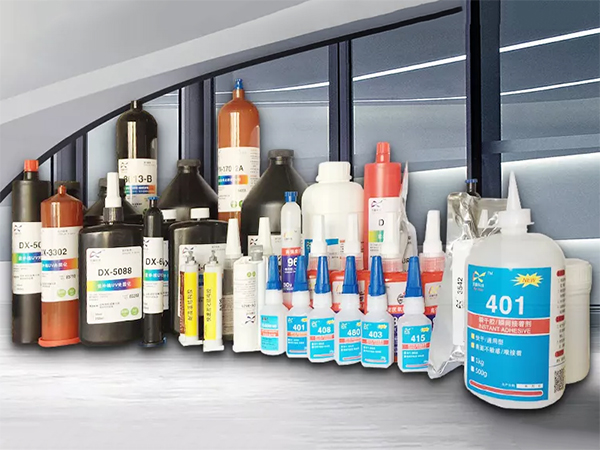
OP-GOLD New MaterialDomestic substitution and independent innovation are at the core
- Home
- About us
About us
Dingxin New Materials is a high-tech enterprise that is a key support of the state. It has been engaged in the UV curing industry for over 10 years and has always adhered to a technological path that emphasizes both introduction and absorption as well as independent development.
Learn more - Product
Product
The main products include :UV glue, quick-drying glue, structural glue, solvent glue, screw glue, waterproof sealant, high-temperature resistant glue, PUR hot melt glue, etc. The company's R&D team formulates them according to customer requirements。
Learn more - Application
Application
We will adhere to the principle of seeking development through technology and customers through quality, and take reasonable cost, stable quality and perfect after-sales service as our business policy to ensure and continuously provide services to our customers.
Learn more - News
News
Follow us to stay updated on the latest developments in UV adhesives and underfill adhesives in real time
Learn more - Contact us
Contact us
One-click access, worry-free service-Contact us now to enjoy exclusive customization!
Learn more



